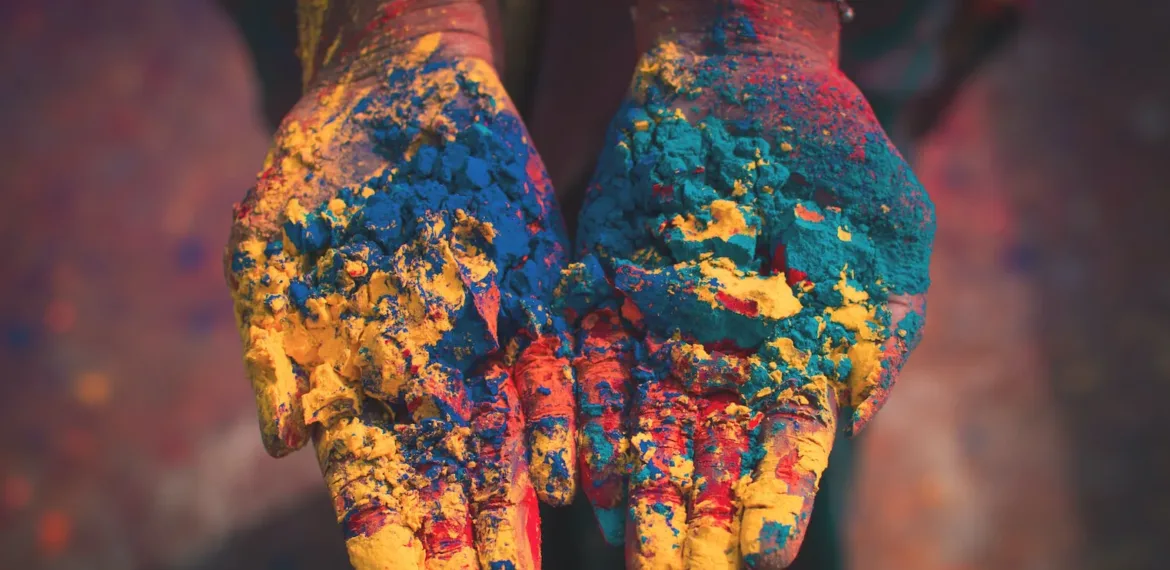“Discover Mexico’s rich cultural tapestry and avoid cultural missteps with a deeper understanding of its traditions, customs, language, and etiquette.”
ROAMOPEDIA
Mexico's Culture
Exploring Mexican Culture: Traditions, Customs, Language, and Etiquette

Related
All related contents.
Related Posts
Unravel the Secrets of Time: Explore Mexico’s Mummy Museum in Guanajuato
Discover the charm of Mexico’s cultural and culinary capital in Puebla.
Discover Timeless Artistry: Mexico’s Hospicio Cabañas – A World Heritage Haven of Frescoes and Architecture
Discover Timeless Elegance: Baroque Brilliance in Taxco’s Silver-Mining Gem, Santa Prisca Church
Discover the magic of Mexico’s past in Merida’s present.
Discover Mexico’s ancient wonders – where Mayan history meets Caribbean paradise.
Discover the beauty of Mexico’s colonial gem, San Miguel de Allende.
Discover Puebla: UNESCO Heritage City of Colorful Charm and Timeless Talavera Pottery
Discover Mexico’s Cozumel: Immerse Yourself in Palancar Reef’s Underwater Wonderland
Experience paradise in Playa del Carmen, Mexico – where the beaches, shopping, and dining are simply divine.
Unravel the Secrets of Time: Discover Mexico City & Teotihuacan’s Enigmatic Heritage
Discover Mexico’s Wonders: Unearth Nature and Culture at Xcaret Park, Cancun
Unearth Mexico’s vibrant past: Explore the National Museum of Anthropology’s treasures in the heart of Mexico City.
Discover the Pink Jewel of San Miguel de Allende: The Unforgettable Parroquia de San Miguel Arcángel
Discover Mexico City’s Chapultepec Castle: A Royal Palace Turned National Museum of History

Mexico’s Must-See Attractions: A Traveler’s Bucket List
de Gobierno, and Parque Plaza Sesamo are just a few of the many attractions that make Monterrey a must-visit destination in Mexico.
Chichen Itza: El Castillo – Experience the Timeless Majesty of Mayan Legacy
Uncover the Secrets of Palenque: Ancient Mayan Majesty Amidst Verdant Jungles
Discover Mexico’s Hidden Gem: Ride the Rails through the Stunning Vistas of Copper Canyon
Unearth the Wonders of Monte Alban: Oaxaca’s Majestic Zapotec Legacy Awaits
Related
Related contents and articles.
Related Posts
- Print
- Share
- +-Font Size